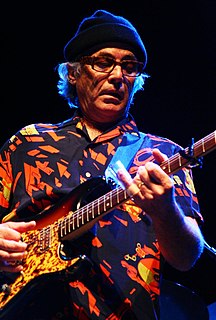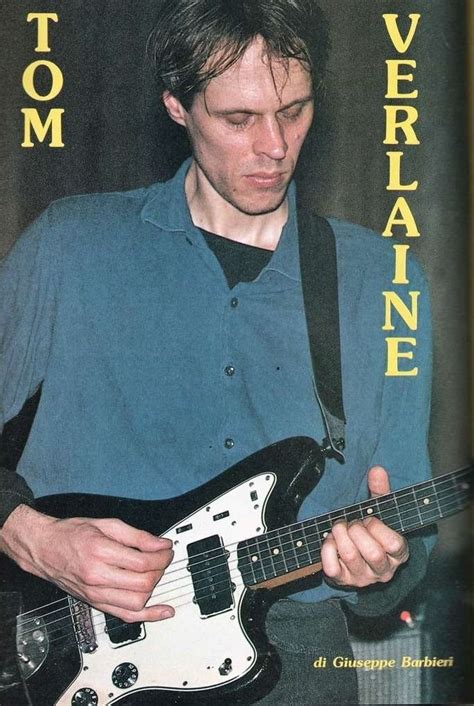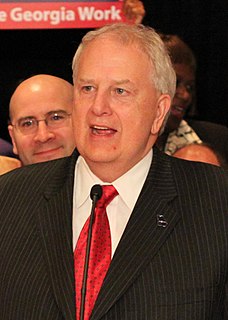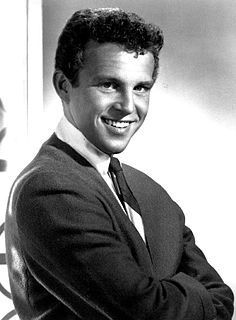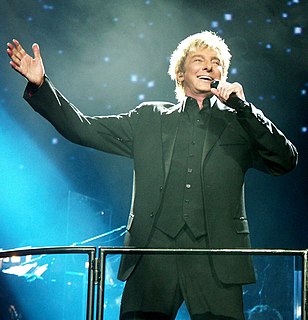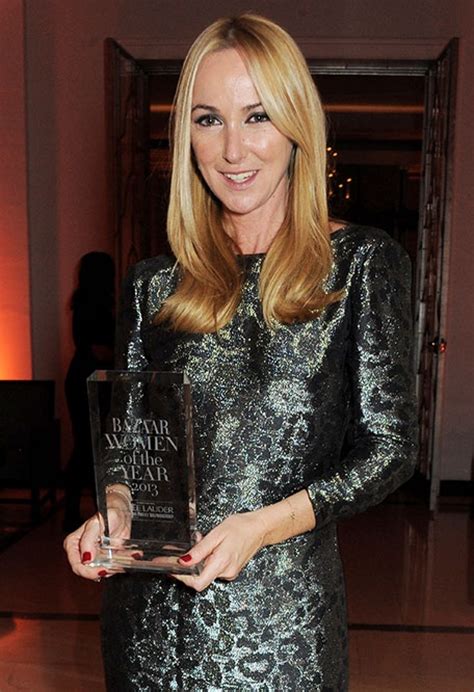A Quote by Ry Cooder
You can make records from now 'til doomsday, and there are something like 50,000 records released every year, but the public gets to hear very few of these. They just won't know. They might be great records, but how in the world is the public supposed to find out about them?
Related Quotes
Most of the time I don't force records. I'm not one of these guys that put records out every nine, 10 months. I'm pretty long between records. I've only had a few in my career. I kind of wait until I feel I have really strong songs. I don't know if they're going to change the world or not, but I dig 'em, and if I dig 'em we make a record.
I'm not the cool thing, and I'm not going to be the cool thing for a really long time, and it isn't like I'm not the cool thing and I sell 3,000,000 records every time. I'm not the cool thing, and I barely sell 150,000 records, if that, ever. So I'm obviously working really hard to sustain myself. I'm actually a target to be dropped, because that's just not enough records for a big company.
I inherited this collection of vinyl records, which at that time numbered 6,000, and I've since continued to collect music. As you know, vinyl records can be very heavy, so every time I have to move into a new house, I need to build a complete new wall of shelves to put all these records, which is a nightmare for the architect.
To my knowledge there are no good records that have been built by institutions run by committee. In almost all cases the great records are the product of individuals, perhaps working together, but always within a clearly defined framework. Their names are on the door and they are quite visible to the investing public. In reality outstanding records are made by dictators, hopefully benevolent, but nonetheless dictators.
